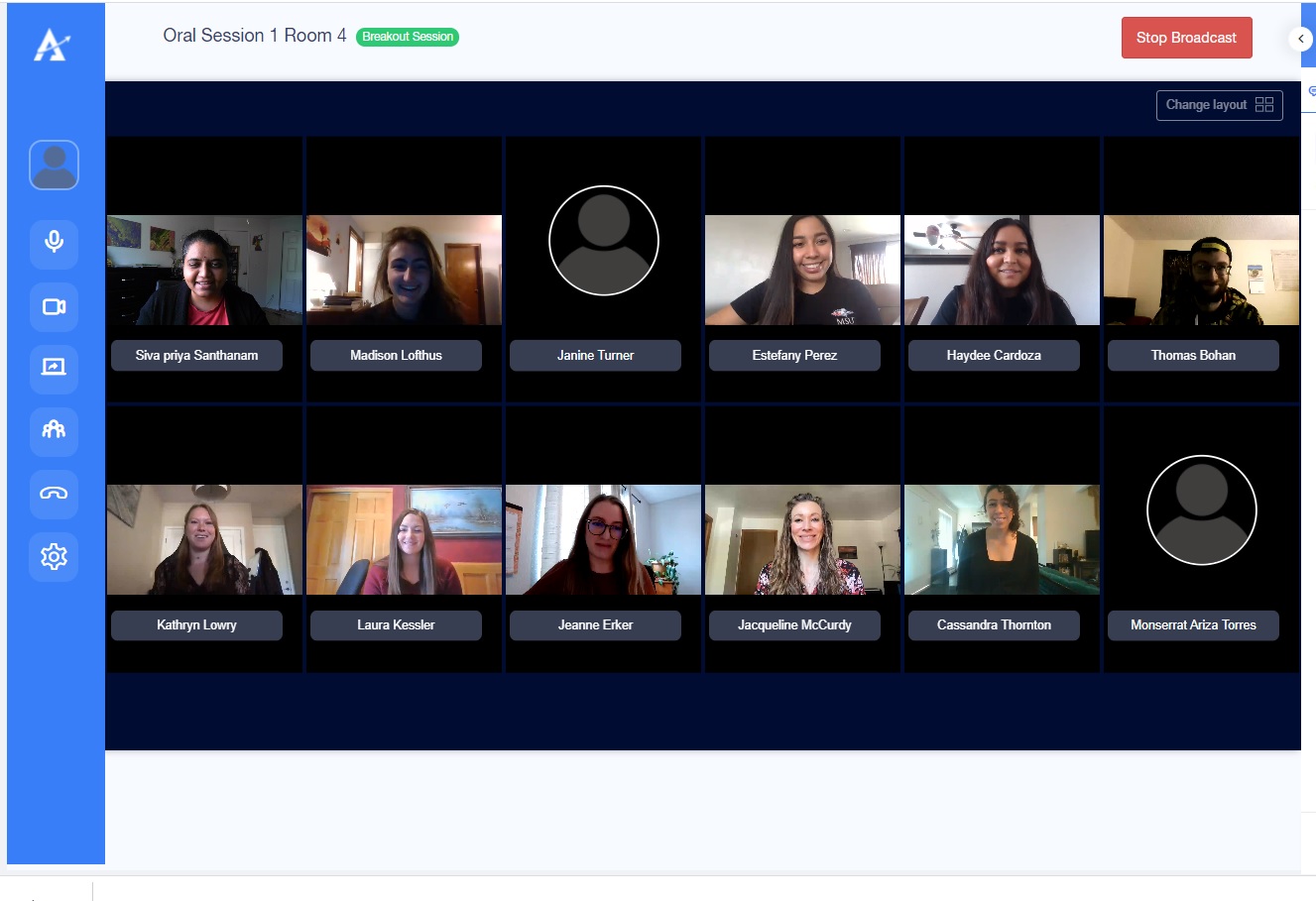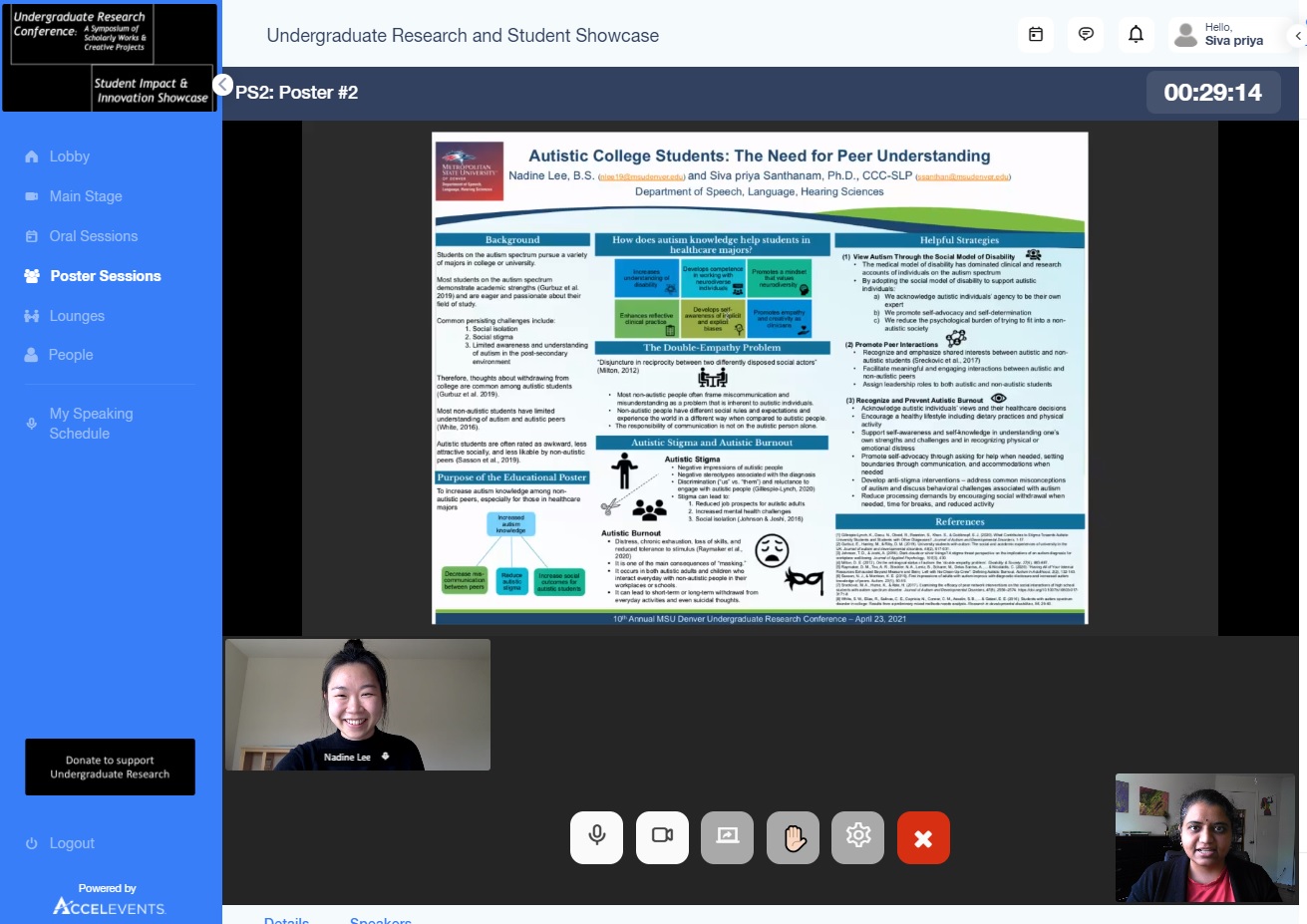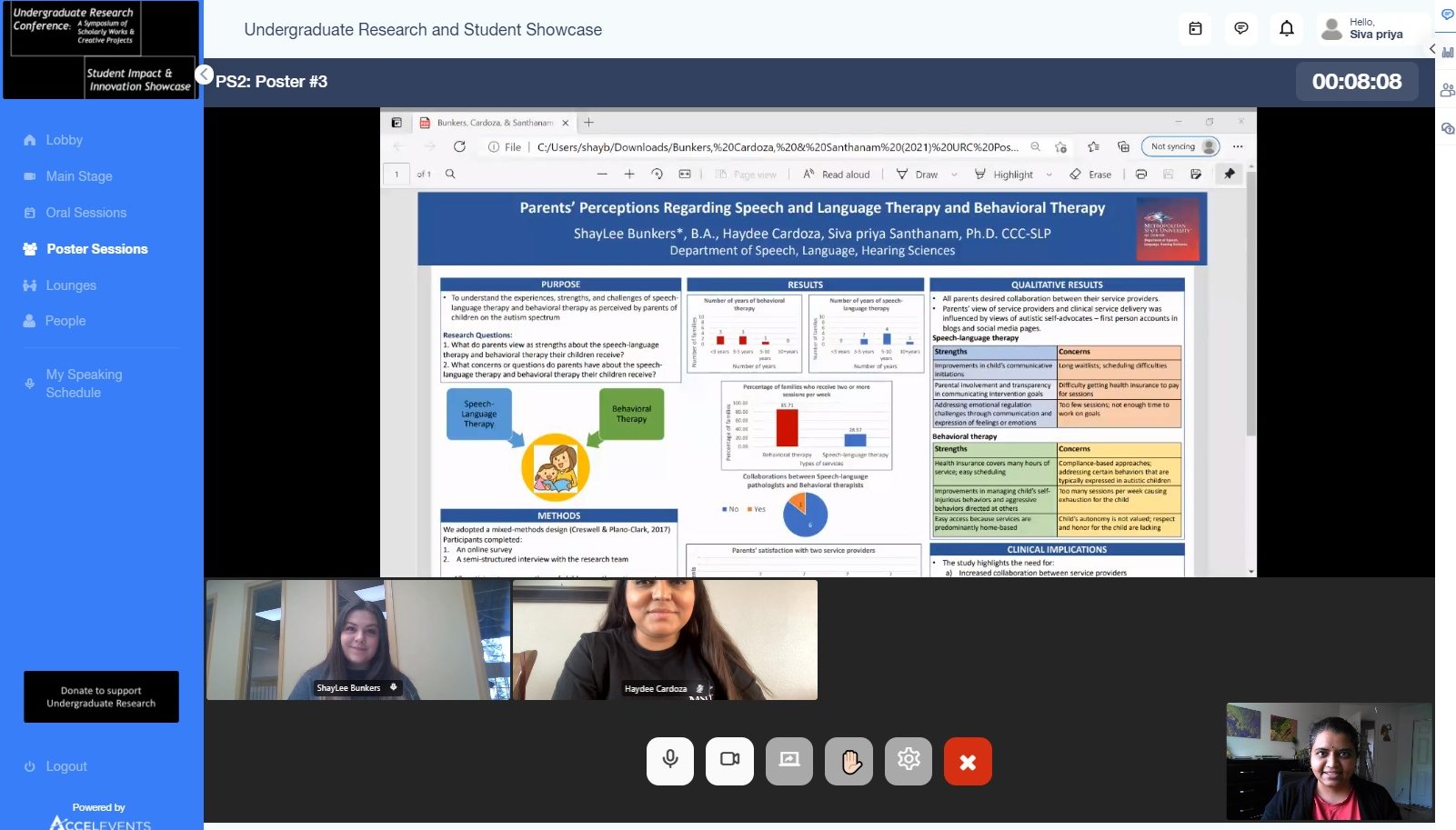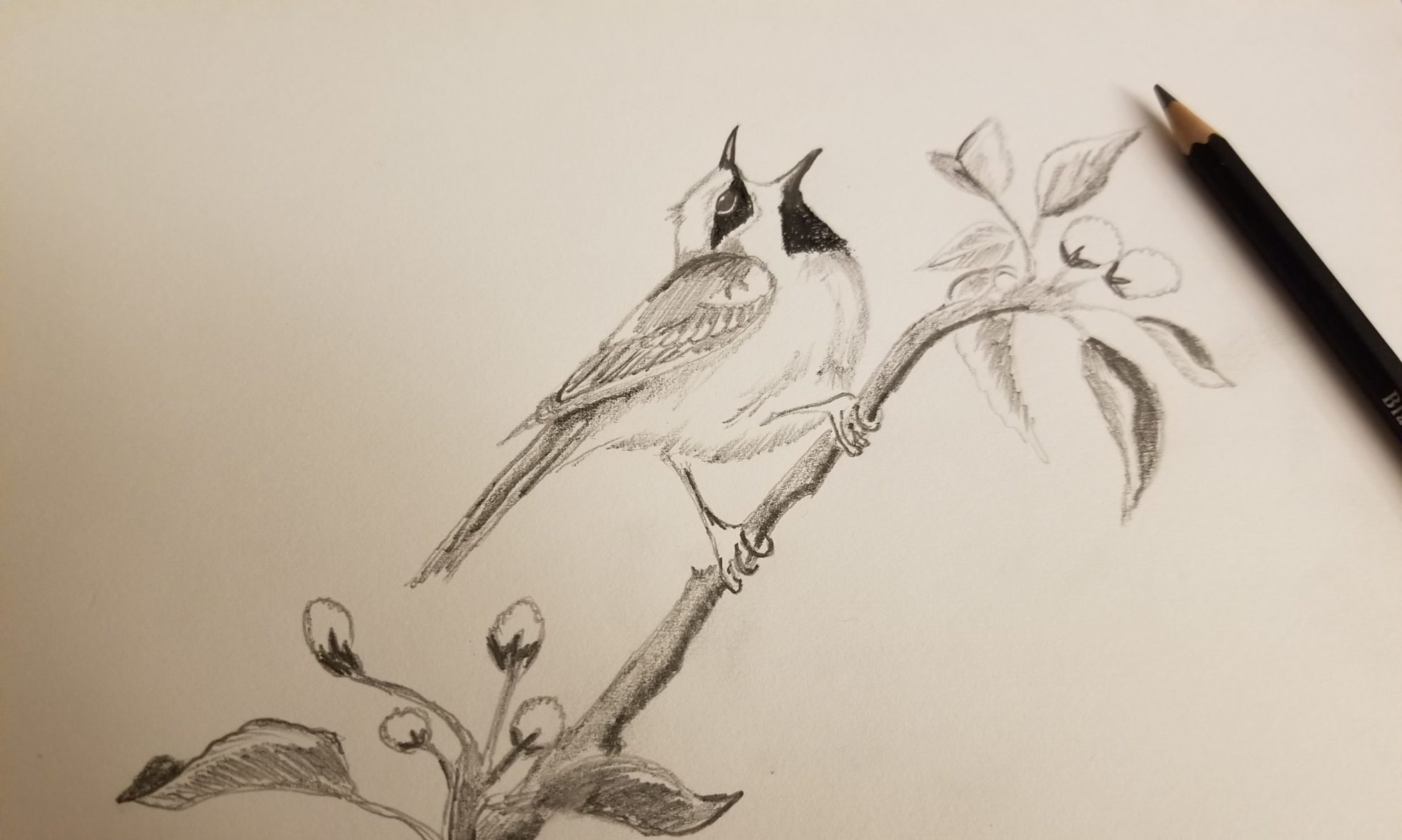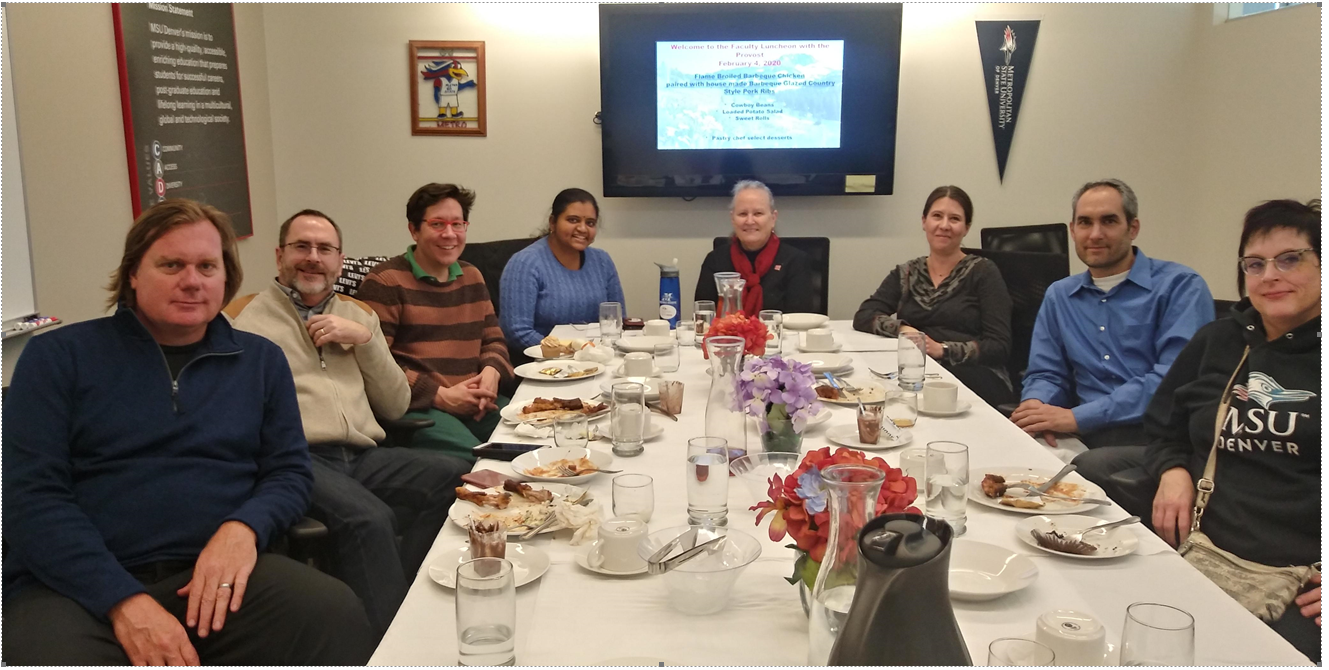Madeline by Ludwig Bemelmans, Victoria Plum by Angela Rippon, Swami and friends by R.K. Narayan, and Binya’s Blue Umbrella by Ruskin Bond – these books saved me from boredom as a child. I read and reread them multiple times reliving those moments and reimagining myself in all those worlds and characters created by the authors. I was Madeline one day, Victoria Plum the other, and Swami on many days. These characters and books were so relatable, and they shaped my thinking as I grew older.
Somehow, in time, I lost touch with these books. Books got bigger, pictures in books became fewer, and many books lost the charm of revisiting. Concepts become more abstract and language in the books more complex. Sometimes, I’ve wondered why all books weren’t written for children. Wouldn’t it be logical to just create all books with curiosity, color, charm, and cheerfulness? Wouldn’t it make sense to write books for the smaller (in size) and happier audience and the larger and less happier folks could understand them too? Just think! All adults can read and understand children’s books, but all children cannot do the same with books for adults. Wouldn’t children’s books brighten all our days and make our lives simpler and more fun?
Children’s books are powerful! They communicate some of the most complex concepts in a logical, fun, creative, and simple fashion. They are usually narrated from the perspective of a precious mini (in size) human being. Some of the concepts I’ve read recently in children’s literature are topics that adults sometimes have no clue how to communicate – social justice, same-sex marriage, alternative reproductive methods, climate change, disability rights, democracy, and many more. Now, I am aware that these books (or at least most books that I’ve read) are written for children by adults; they appeal to people of all ages. The message is clear, well-communicated, and often engaging.
While there may books out there aren’t truly great children’s books; I do not know yet what factors contribute to making a children’s book a good one, a great one, or a sloppy one. I also do not know how many children actually read these books. In times when videos and virtual reality are beginning to dominate our lives, I wonder if children are eager and enthusiastic to read books anymore. I also do wonder if parents have the time to read books to their children. As these questions linger in my mind, I continue to be fascinated by the power and pure magic of children’s literature.
In the last several years, I have made it a tradition to spend at least a couple days a year at the children’s section in public libraries. I walk into the library when the doors open with my lunch packed and water bottle and every other paraphernalia. I browse through books starting with the ones that catch my eyes; I then wander around exploring bookshelves looking for interesting topics. Sometimes, I go in with a topic in mind – flowers, birth of a baby sibling, pet stories, stories of migration, and so on. Sometimes, I am only interested in animal stories – animals that take human forms, animals that talk, think, sing, and dance like human beings. Other times, I spread out 10 books in front of me and begin thinking of alternative illustrations or create branching stories from the existing story. I specifically enjoy books from a variety of cultures that show children’s varied experiences. The influence of cultures on children’s thought process and perceptions are reflected in these stories. Some books make me giggle, some tear me up, some get me thinking, and a few do bore me. But at the end of the day, I have had a chance to relive my childhood, a chance to reflect on my own thought processes, a chance to imagine all the books that I’d be reading to my child someday, and a chance to escape into a different world at least for a little while.
There is something therapeutic about this experience. Reading children’s books takes me away from my reality temporarily and teaches me way more than a 300-page picture less book for adults would teach me.
I wish and hope that anyone reading this article is fortunate to find a little time to read and explore children’s literature. For those multilinguals out there, remember that books don’t have to be in English; they can be children’s books in any language that you enjoy or prefer. The experience is special in any language!
Read children’s books to yourself, to your kid, to your parent, with a partner, with a sibling, as part of a book club or a support group, and think about gifting a children’s book to a loved one! They are special; they are powerful; they are magical, and truly healing! Rekindle that child within you!
I am merely spreading my joy of reading some thought-provoking and refreshing children’s books here. Check out some of them:
The boring book – Shinshuke Yoshitake
I talk like a river – Jordan Scott
I can be anything – Shinshuke Yoshitake
Maya’s blanket – Monica Brown
The oldest student – Rita Hubbard
A story about Afiya – James Berry
You matter – Christian Robinson
Book uncle and me – Uma Krishnaswami
My Dadima wears a saree – Kashmira Seth
Drawn together – Minh Lê
